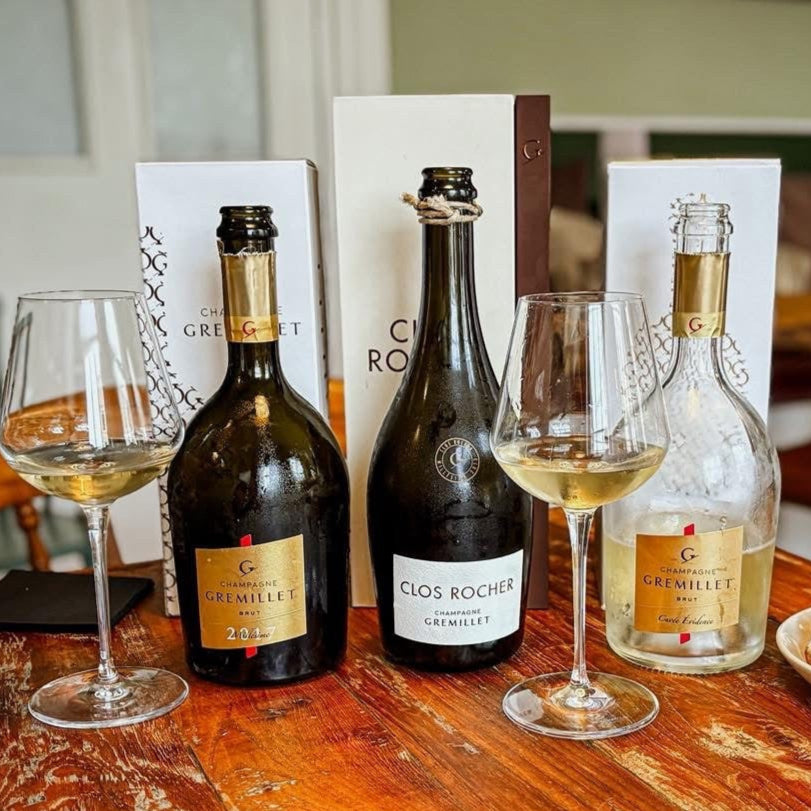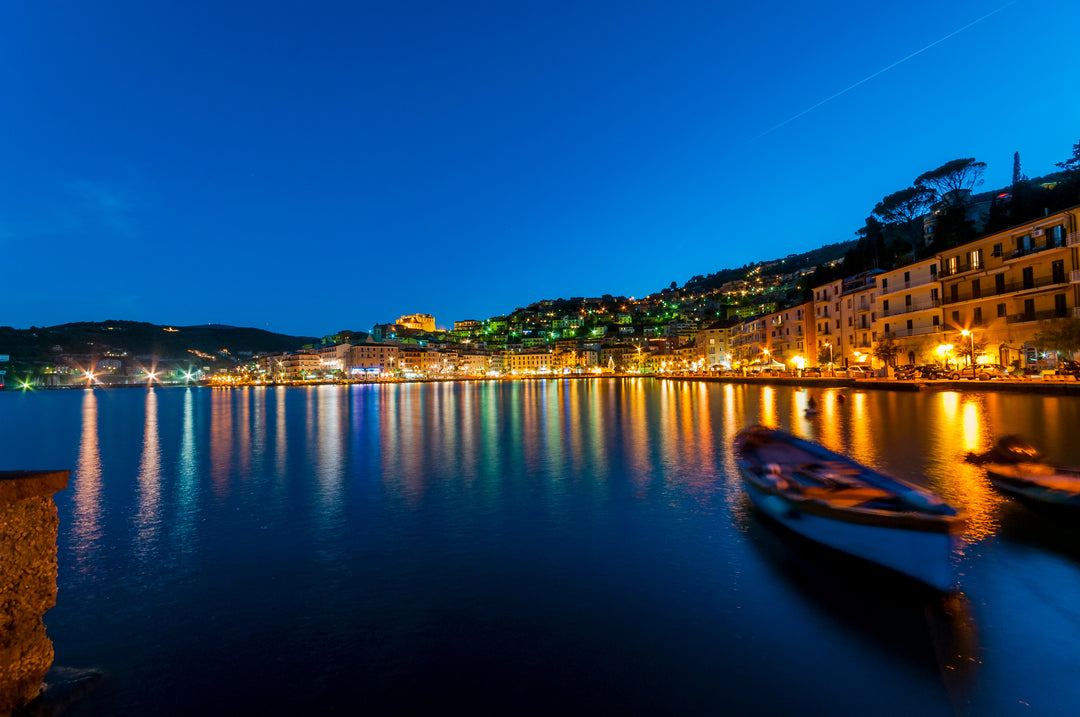The 2023 vintage prompted Yannick de Vermont to make both a white Beaujolais Villages and a white Burgundy from his Chardonnay grapes. The Bourgogne Chardonnay is a rich golden colour with lush, plump tropical fruit mellowed by extended oak ageing. Lovely toasty notes are balanced by a succulent fresh acidity.
2023 - 14% abv
The Beaujolais region is synonymous with red wine and the Gamay grape. However, since 2010, there has been a noticeable increase in Chardonnay plantings, due to growers looking to offer a more diverse range and also follow the market demand for cool-climate, fresh Chardonnays. Of a total of 14,200 hectares of vines planted in the entire Beaujolais region, Chardonnay only accounts for a total of about 410 hectares i.e. just short of 3% of the total production. Most people consider the southern part of the Beaujolais (the Pierres Dorées) to be the best suited for Chardonnay, with its limestone and clay soils. However, in the more northerly Beaujolais-Villages sector, there are some outcrops of clay, limestone and sand that are also good ground for Chardonnay.
CHATEAU DE VAUX - CLOCHEMERLE - THE DE VERMONT FAMILY
This 13-hecatre family-owned and run domaine is situated in the heart of the historic village of Vaux-en-Beaujolais. Vaux is also known as Clochemerle, thanks to the eponymous novel written by Gabriel Chevalier in the 1930's, which was entirely based in and around the village of Vaux. As you wind up the steep road from le Perréon, down in the valley below, the cluster of stone-built houses, reflecting the warm, bright sunshine, welcome you into the delightfully unspoilt world of La France Profonde. Everyone knows everyone and there is fierce rivalry with the people of le Perréon in the valley below.
The de Vermont family have been part of this world for five generations and Yannick de Vermont's great-grandfather, Louis de Vermont, began cultivation of the seventeen century château's vines in the 1920's. Louis was one of the first growers in the region to bottle his own wines and this dynamism was continued by his son Roger and more recently, Yannick's father, Jacques. Today, the domaine is run by Yannick, who in his late forties, is gaining a much deserved international reputation for his wonderfully rich, deep-flavoured and beautifully poised wines. Vaux is one of the higher altitude communes in the Beaujolais (360 metres) and this ensures that the wines have an added degree of freshness, so important in the world of climate change and rising temperatures.
YANNICK DE VERMONT and CHRIS PIPER
Yannick de Vermont's collaboration with Chris Piper started back in 2009 when Yannick joined the team at Château de Grandmont as vineyard manager. For the next five years, they worked together on converting the estate's vineyards to eco-friendly production and finally achieving organic certification. Yannick come from a post as cellar master at the Hospices de Beaujeu and also a begun a close involvement in his family's property, Château de Vaux. In 2014, Yannick decided to return to his family roots and took over the running of the estate from his father, Jacques. A year later, Chris began to act as consultant oenologist and the 'dream team' was back in business, only interrupted by the pandemic in 2020. Yannick is a hands-on winemaker, very much open to new ideas but is not against incorporating these with some more traditional concepts. Working with indigenous yeasts, zero or low levels of SO?, little filtration and naturally low yields, the end results are a collection of exceptional wines which have won numerous awards and commendations in le Guide Hachette, Bourgogne Aujourd'hui, le Point, Concours International du Gamay, The Burgundy Report (Bill Nanson) and Wine Pages (Tom Cannavan). Yannick de Vermont is very much one of the rising stars of the Beaujolais region.




